University of Texas M. D. Anderson Cancer Center
- University
- College
- Co-educational private schools
- english
About the University of Texas M. D. Anderson Cancer Center
History of Establishment The University of Texas M. D. Anderson Cancer Center was founded in 1941 in Houston, Texas, as part of the University of Texas system. The institution was named after Monroe Dunaway Anderson, a philanthropist who made a significant contribution to the development of the center. Since its foundation, M. D. Anderson Cancer Center has become one of the largest and most prestigious oncology centers in the world, playing an important role in the development and application of new cancer treatment methods. Among the key events in the center's history was the establishment of the National Cancer Institute (NCI) in 1971, whose status allowed M. D. Anderson to expand its research programs. The center has been recognized as one of the best in the United States, ranking highly in lists such as U.S. News & World Report's "Best Hospitals". Educational Philosophy and Approaches to Teaching M. D. Anderson Cancer Center emphasizes interdisciplinary education, where teaching is not only conducted by physicians and scientists but also by experienced clinical specialists. The philosophy of educational programs is based on integrating practical experience with cutting-edge research. Students and residents have the opportunity not only to learn the latest treatment techniques but also to actively participate in scientific research. Special emphasis is placed on training specialists in personalized cancer treatment, which includes genetic research and individualized therapy approaches. M. D. Anderson offers numerous programs for medical specialty students, as well as master's and doctoral programs in oncology, molecular biology, clinical research, and related disciplines. Role and Significance in the Educational System and Global Medicine M. D. Anderson Cancer Center plays a key role in both the regional and international medical education system. This institution is a center of innovation in oncology, where future medical leaders from the U.S. and around the world are trained. Specialists of various levels undergo training at the center - from students and residents to practicing physicians seeking to enhance their qualifications in oncology. The center actively collaborates with leading medical and research institutions worldwide, including various national cancer institutes and other major universities. This close collaboration allows the institution not only to implement the best global practices in education and treatment but also to share its scientific discoveries and innovative treatment methods.
MoreLoading...
Admission conditions in University of Texas M. D. Anderson Cancer Center
Age: Candidates must be over 18 years old, typically after completing high school or obtaining a bachelor's degree to enroll in master's programs. Admission exams: GRE: Required for most programs (may be waived or replaced for some programs). TOEFL or IELTS: For foreign students whose first language is not English, the minimum TOEFL score is 90 (internet-based exam), and IELTS is not less than 7.0. Academic documents: An official transcript of high school or bachelor's degree with an English translation certified by an accredited agency is required if the educational institution is located outside the United States. To apply for a master's degree, a bachelor's degree in a related field (biomedical sciences, biology, chemistry, etc.) with a minimum GPA of 3.0 is required. Recommendations: Two recommendations from teachers or professional mentors must be submitted. School report: For master's and doctoral programs, an academic report confirming the successful completion of coursework and projects may be required. Application: Applications are submitted online through the institution's website. The application fee varies, but is usually around $60. Financial documents: Foreign students must provide proof of sufficient funds to cover tuition and living expenses. This can be a bank statement. Additional requirements for medical-technical specialties: For programs such as medical imaging, a medical examination and color blindness tests may be required.
MoreMinimum rating for admission to University of Texas M. D. Anderson Cancer Center
The minimum requirements for admission depend on the specific program, but in general, the following is required for all programs: Grades (GPA): For master's and residency programs, a high academic rating is usually required. The minimum average GPA is usually around 3.0-3.5 on a 4.0 scale. However, for competitive programs such as oncology, preference may be given to candidates with a GPA of 3.5 and above. Tests: Some programs may require standardized test scores, such as the GRE (Graduate Record Examination) or MCAT (Medical College Admission Test), depending on the field of study. For medical programs, MCAT scores should be competitive, usually over 510 points. Professional experience and research work: M.D. Anderson places great value on work experience in the medical or scientific field, as well as participation in research. Candidates with publications or clinical experience will have an advantage.
MoreProspects after completing studies in University of Texas M. D. Anderson Cancer Center
After completing their education at the University of Texas M. D. Anderson Cancer Center, graduates have many opportunities in various fields of medicine and scientific research. This institution is recognized as a world leader in oncology, so the diploma opens doors to work in leading medical centers and research laboratories. Graduates of biomedical sciences and oncology programs can continue their careers as clinicians, researchers, or professors at universities. They have the opportunity to develop new cancer treatment methods, participate in clinical trials, and conduct research in genetics, immunology, and molecular biology. Many graduates receive job offers from major medical institutions, pharmaceutical companies, and government medical organizations. In addition, graduates often participate in international projects to combat cancer.
MoreTitle | Age | Period |
|---|---|---|
| Bachelor's Degree program in English | 18+ | 1 year |
| Master's Degree program in English | 21+ | 1 year |
Leave a review
Loading...


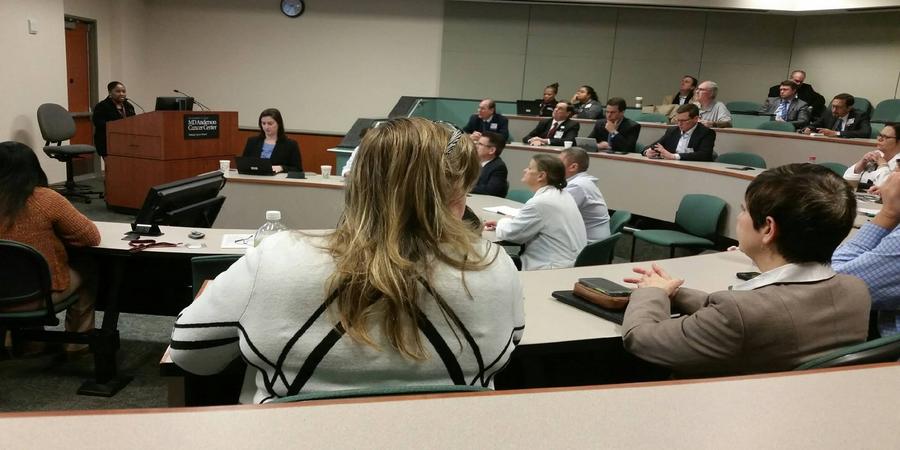
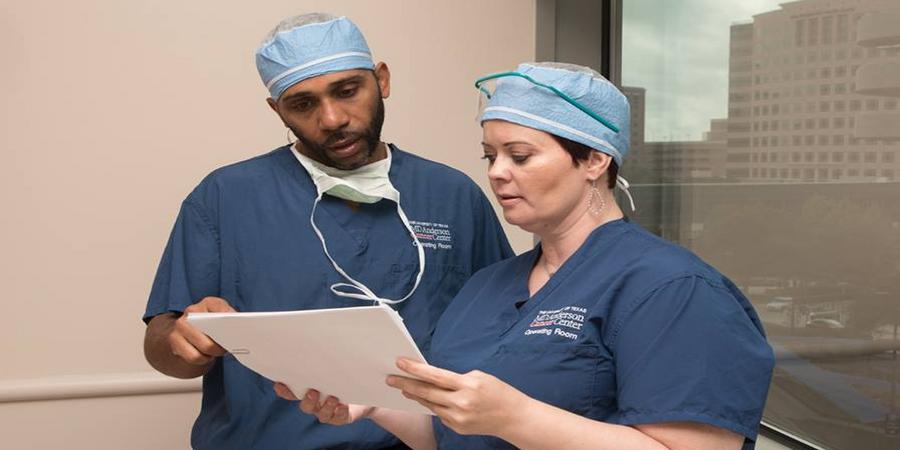
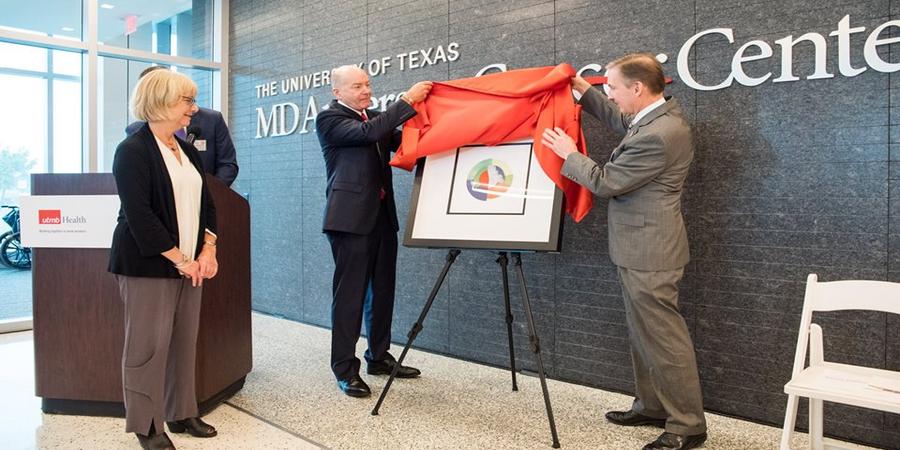
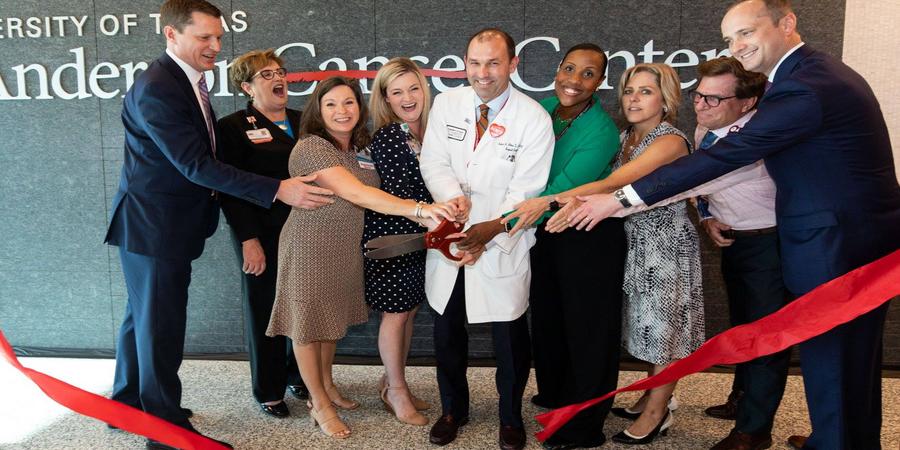
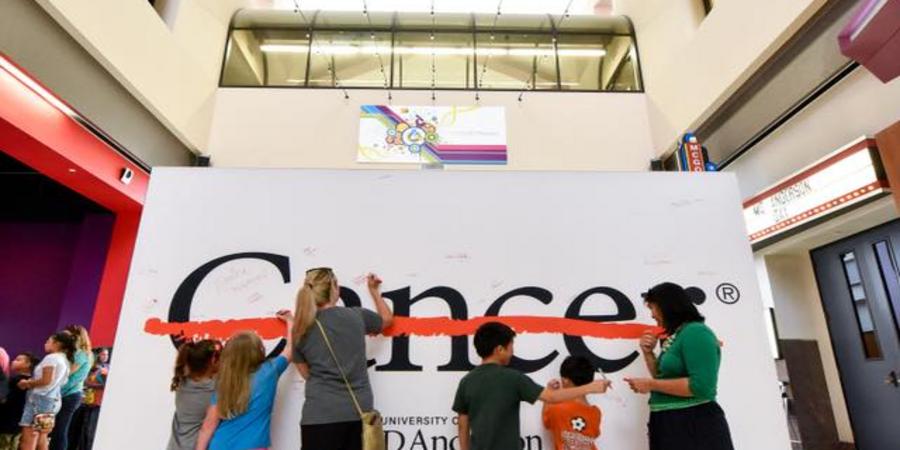


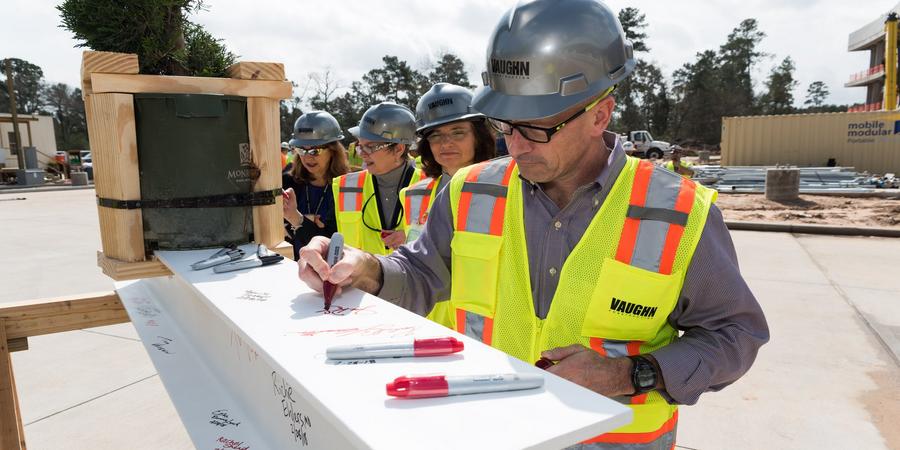

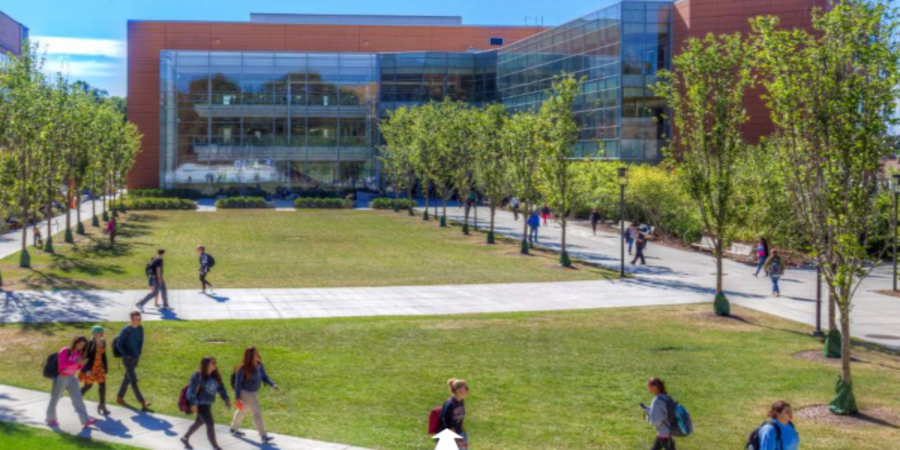



Reviews